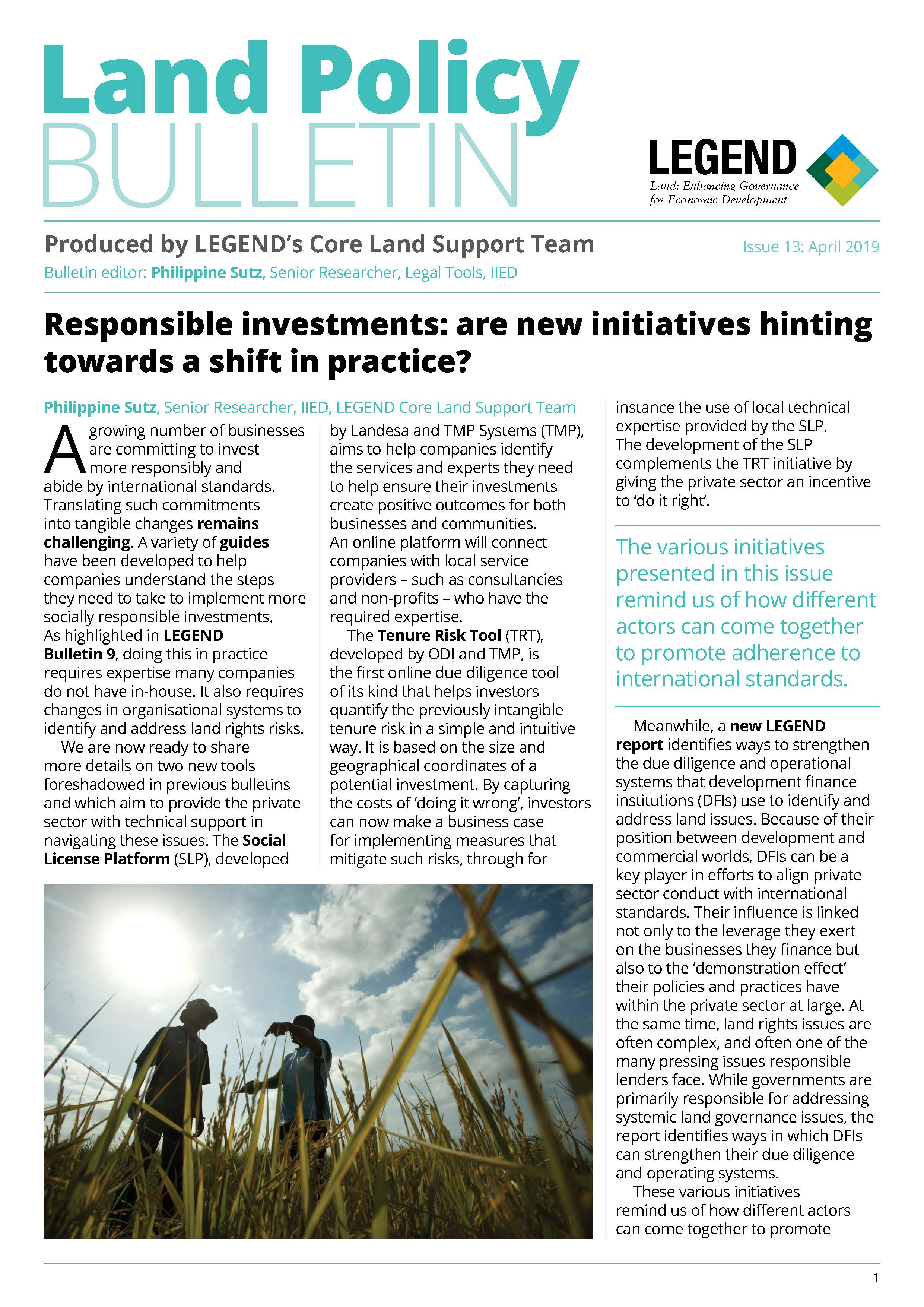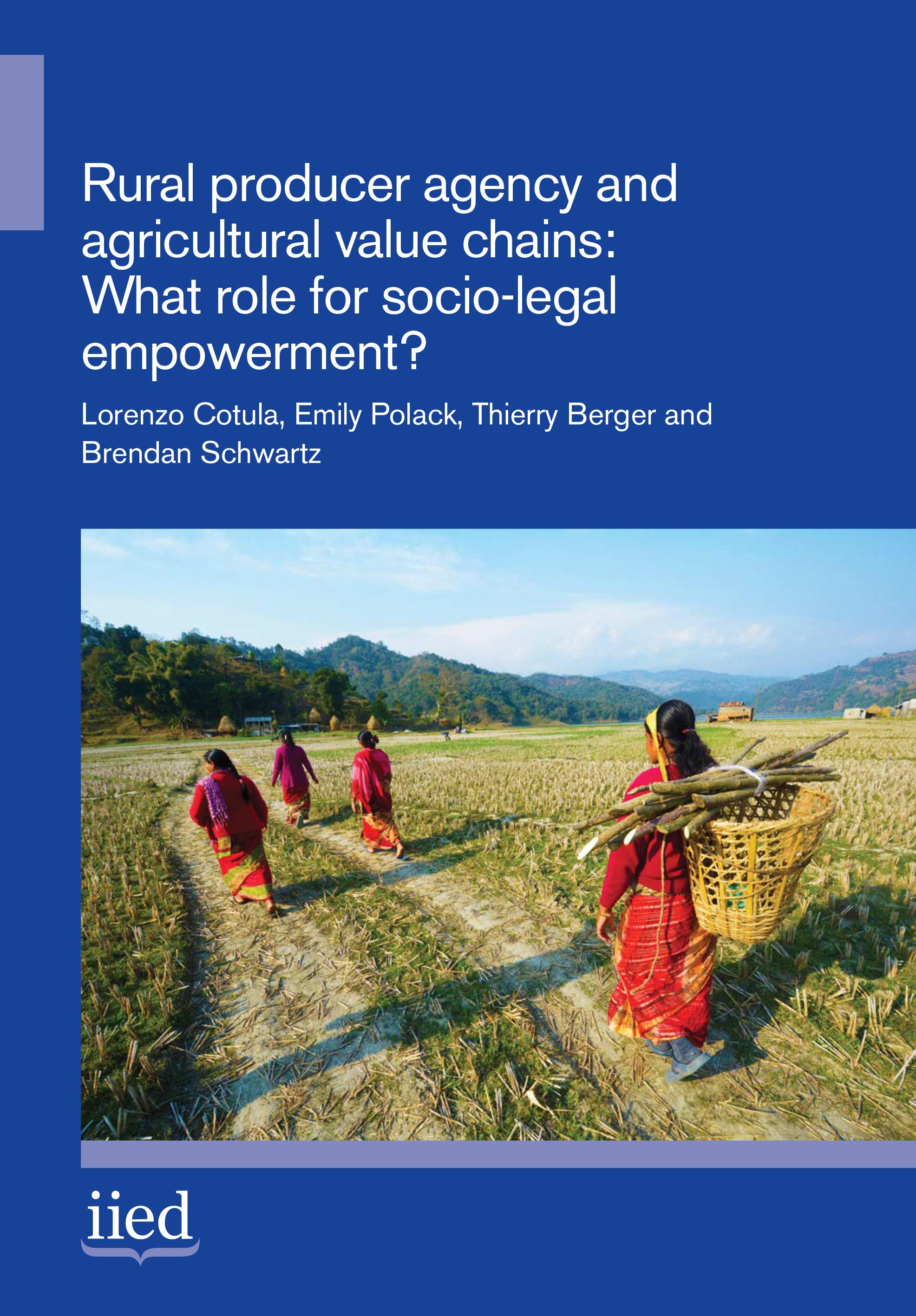Focal point
Location
Mission
Our mission is to build a fairer, more sustainable world, using evidence, action and influence in partnership with others.
Who we are
IIED is one of the world’s most influential international development and environment policy research organisations. Founded in 1971 by economist Barbara Ward, who forged the concept and cause of sustainable development, we work with partners on five continents. We build bridges between policy and practice, rich and poor communities, the government and private sector, and across diverse interest groups. We contribute to many international policy processes and frameworks, including the Intergovernmental Panel on Climate Change, the Millennium Ecosystem Assessment and the UN conventions on climate change and biological diversity.
What we do
IIED carries out research, advice and advocacy work. We carry out action research — generating robust evidence and know-how that is informed by a practical perspective acquired through hands-on research with grassroots partners — and we publish in journals and maintain high research standards. We advise government, business and development agencies, and we argue for changes in public policy. We focus on bottom-up solutions, stay open to flexible, adaptable solutions and are marked by a tradition of challenging conventional wisdom through original thinking.
Resources
Displaying 66 - 70 of 367Securing land rights at scale
This report reflects on the experience of DFID land programmes which include LTR across six countries (Guyana, Rwanda, Nigeria, Ethiopia, Tanzania and Mozambique), drawing also on relevant experiences of programmes driven by other donors.
LEGEND Land Policy Bulletin 13
This bulletin highlights initiatives to support socially responsible investment.
Redress for land and resource rights violations: a legal empowerment agenda
This chapter deals with the issue of land tenure;which has been identified as one of the major institutional problems in Benin. It deals specifically with the recent land reform that was enacted by the 2013 Code Foncier et Domanial (Land and Domain Code). The orientation of the chapter is not so much a question of proposing an institutional diagnosis of the sector and highlighting desirable areas for reform;as of analysing an ongoing reform process.
Rural producer agency and agricultural value chains: What role for socio-legal empowerment?
Growing numbers of policies and programmes aim to integrate small-scale rural producers into agricultural value chains. But significant questions remain over how best to: recognise the possibly divergent visions, interests and constraints of various actors; address often substantial power imbalances; and ultimately promote agency among rural producers and their communities – that is, their ability to choose, act and influence realities around them.
Rural producer agency and agricultural value chains: What role for socio-legal empowerment?
Cameroon’s current land law appears to have two conflicting objectives: to attract investors through large-scale land concessions; while protecting biodiversity;defending local people’s rights and promoting rural development. But the legislation governing large-scale land-based investments is outdated and sometimes incoherent. The land allocation process is investor driven and does not appropriately balance economic;social or environmental considerations.






